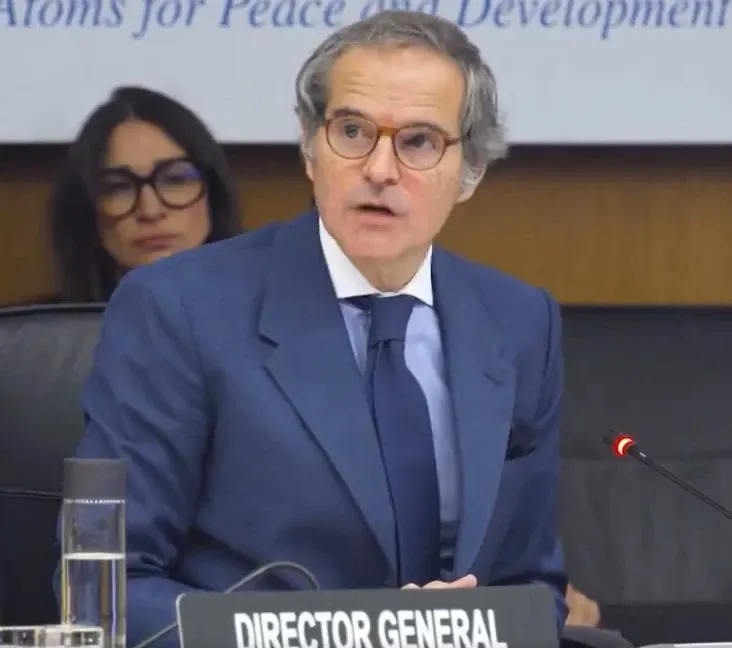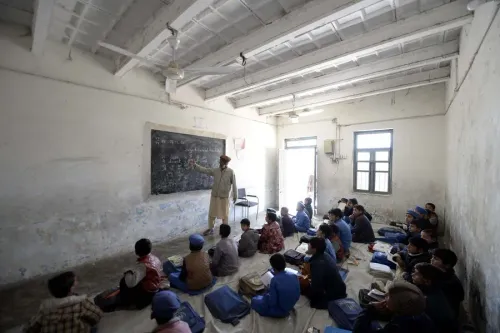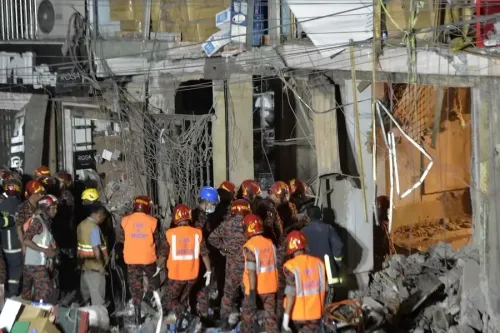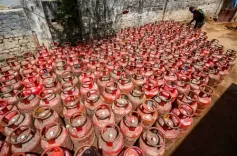Why is the IAEA Holding an Emergency Board Meeting After US Strikes on Iran's Nuclear Sites?

Synopsis
Key Takeaways
- IAEA emergency meeting called due to escalating tensions.
- US airstrikes targeted three nuclear sites in Iran.
- No abnormal radiation levels detected post-strikes.
- Iran condemns strikes as a violation of international law.
- The meeting will assess implications for nuclear non-proliferation.
Vienna, June 22 (NationPress) In light of the rising tensions following US military strikes on Iran's nuclear facilities, Rafael Mariano Grossi, the Director General of the International Atomic Energy Agency (IAEA), has declared an emergency session of its Board of Governors to be held on Monday.
Grossi announced on X, stating, "Given the critical situation in Iran, I am calling for an emergency meeting of the @IAEAorg Board of Governors tomorrow."
This announcement comes amid international concern over the consequences of a significant US military operation that targeted three vital nuclear sites in Iran: Fordow, Natanz, and Isfahan. The strikes, authorized by US President Donald Trump, have elicited strong reactions from Iran and heightened fears of increased regional instability.
Previously, the IAEA confirmed that there were no abnormal radiation levels detected following the bombings.
The agency stated on social platforms, "In the aftermath of the attacks on three nuclear sites in Iran, including Fordow, the IAEA has verified that no rise in off-site radiation levels has been recorded at this time. The IAEA will offer additional insights as new information arises."
This initial report has provided some reassurance amidst concerns about potential environmental impacts from the strikes. Nevertheless, diplomatic and security anxieties persist.
Iran has vehemently condemned the airstrikes, with its Atomic Energy Organization denouncing the US actions as a "breach of international law" and reaffirming that its nuclear program is strictly peaceful.
The upcoming emergency meeting of the IAEA Board is anticipated to address updates on the current state of Iran’s nuclear infrastructure and its possible repercussions on the international nuclear non-proliferation regime.
Currently, Iran has pledged to advance what it terms its “national industry,” referring to its nuclear ambitions, showing no signs of retreat in the face of global pressure or military threats.









